Is Your Auto Insurer Pushing Used or Recycled Auto Parts for Crash Repairs?
By Greg Webb, May 27, 2015
If you’ve been in a car accident that required repairs, do you know what kind of replacement parts were used? There is a good chance that your damaged parts were replaced with used parts, not new ones. And if they were new, they probably were not parts made specifically for your make/model vehicle, or OEM (Original Equipment Manufacturer).
Over the last several months there has been a growing concern about how auto insurers are handling your car repairs. According to a CNN report a federal anti-trust lawsuit has been filed against insurance companies that urge auto body shops to use recycled or used parts for repairs.
Here is how it might happen: you’re involved in a car accident; you call your insurance company and are given the names of a few ‘preferred’ auto body repair shops. That practice is called steering. Theoretically, you can use any repair shop, but the reimbursable amount is likely to be lower if you don’t use one of their repairers. The auto body shops on the preferred list have a relationship with the insurer and that’s where it gets sticky.
Reportedly, auto body shops are being pressured by insurance companies to install used auto parts in wrecked vehicles. Recent stories on CNN, Cooper Anderson, and local stations in several states have reported on the practice of how cars are repaired, showing parts that have been glued together, improperly assembled and displaying other signs of being used. The practice has led reporters to label the parts as “junkyard” parts. And, as one couple in Chesterfield, Virginia learned, the fine print in insurance policies (contracts) often stipulates that used/recycled parts would be used for repairs.
This is common practice in at least 36 states where more than 500 garages from those states have come together in a lawsuit against some of the well-known insurance companies. Mississippi, Louisiana and Oklahoma are joining the lawsuit as well. The repair shops claim the insurance companies are coercing them to use these cheaper parts. (CNN.com, 02/11/15)
Senator Richard Blumenthal has asked the Department of Justice to investigate the practice of ‘steering’. He expressed concern that recycled, re-manufactured or reused products presented safety hazards.
“Safety concerns are raised by this practice of steering because often it involves the use of parts that may be salvaged or inferior or even counterfeit and that is a real urgent and imminent safety concern for the consumer who may have no idea what the origin of the parts are, who made them, or even whether they’re installed properly.” (CNN.com, 02-11/15)
This insurance company practice has not gotten much media attention. Nevertheless, the dangers could be significant if a replacement part is faulty. The first thing for you to do is read your current insurance policy. If your vehicle is damaged in a crash, be prepared to ask questions of your insurer and the garage or body shop doing repairs. You can ask to look at parts and you should thoroughly document any interactions. Being proactive can help you avoid issues later on, but there is no guarantee. If you have concerns about what the insurance company is insisting you do, contact the Better Business Bureau for information. Another option is to contact an attorney.
I recently had a related experience with my car windshield, which was cracked by a rock kicked up on the interstate. Because of the size of the crack, the windshield had to be replaced. My car insurance company (which will go unnamed here) has a deal with a well-known glass company. The insurance and glass companies wanted to install the glass company’s brand, not the manufacturer’s OEM windshield. I insisted on the OEM windshield, which was about $600 more, stating in part that I did not want to void my car’s warranty and by asking my insurer to guarantee that the “generic” windshield would not leak, crack, etc. My insurance company gave in and I was able to get the OEM windshield. The bottom line is, know what your policy says and do not cave in just because your insurance company steers you in a certain (highly profitable) direction.
